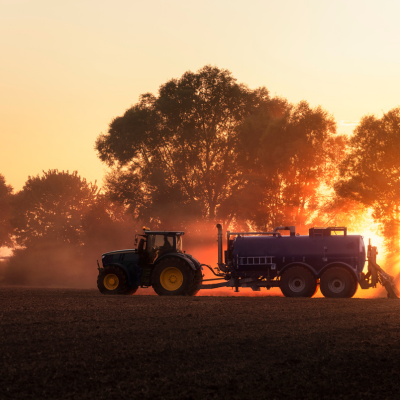
Route to Rural
Route to Rural
The CAAV (Central Association of Agricultural Valuers) have recently launched their Route to Rural initiative, promoting the work of the rural surveying and rural valuers’ industry. Whilst they have more members than ever before, they have highlighted a recruitment gap in applications into rural roles.
The CAAV is a specialist professional body which represents and briefs members within the agricultural and rural space. To gain entry to the Association, an examination must be conducted to demonstrate an understanding of rural surveying.
The Route to Rural scheme aims to increase public awareness and understanding of the work as well as reaching a wider audience than the conventional routes to entry. Membership provides valuable ongoing networking and training opportunities.
Currently, to become a Chartered Rural Surveyor and Valuer, who can carry out and sign off required work, a RICS accredited degree or a certain number of years of experience is required. In the past, this has somewhat hindered the type of candidates coming through and limited the talent pool.
It’s possible to complete a top-up Master’s degree following your studies. This can be a one-year course or part-time alongside your work. Through conversations with clients, we are seeing an increase in companies looking further afield and supporting candidates from non-traditional backgrounds on their route to rural.
Through personal experience, I didn’t complete an MRICS degree but I did explore the idea of the Rural Surveying and Agricultural Valuers route, by reaching out to local firms and applying to larger company's internships and summer work experience programmes. This provided me with a few weeks shadowing a qualified Surveyor and Valuer and gaining an insight into what the role would look like.
Case Study:
Claire Adcroft, Associate
Undergraduate degree in Geography.
Reached out to a local Agent for work experience, fell in love with the Rural side and continued further weeks of work experience.
Recommended that to undertake this career path would need a Masters, undertook a Masters degree and began the route to MRICS and FAAV.
Has now been in the profession for almost ten years, focusing on Valuations and Farm Agency.
The best part of the job...the variety and getting to nosey around some amazing properties.
Top tip: grow your network, reach out to Surveying firms local to you and relevant employees via LinkedIn. Contact details can often be found on company websites, it’s very much a case of reaching out to people and knocking on doors. There are enough Surveyors willing to help, especially in bringing people into the industry.
The CAAV are calling on employers to sign up to offer work experience through their route to rural programme, the hopeful outcome being that they find good future staff with transferable skills.
They are calling on employers to consider their local network, including Young Farmers clubs and local schools to encourage young people to become aware of the work that rural surveyors do.
They’re also looking to encourage those considering a second career later on in life, with transferrable skills into the rural industry.
What work do Agricultural Valuers do?
Sales and lettings: Sales, purchase and lettings of farms, estates, houses, commercial premises and land.
Tax planning: Advice on rural taxation and finance, including income and capital taxes.
Government Schemes: Payments and grants, applications and advice.
Auctions: Property, livestock, machinery and equipment auctions.
Valuations: Valuation of farms, estates, houses, commercial premises and land.
Joint Ventures: Preparing contract farming, share farming and other agreements.
Compensation: Compulsory purchase and compensation claims, including water and gas pipelines, road and rail schemes and electricity wayleaves.
Planning: Preparing advice, applications, site promotion and appeals.
Diversification: Providing advice, grant/finance applications and any planning issues.
Renewable Energy: Advising on renewable energy projects including wind, solar, water, biofuels and biomass.
Telecoms: Advice on agreements relating to telecommunication masts and broadband cables.
Dispute Resolution: Arbitration and dispute settlements, mediation, independent experts, evidence preparation and hearings.
Estate Management: Management of rural property and business.
Strategic Business Advice: Strategic business advice, planning and identifying opportunities.
Environment: Advice on government schemes, natural capital, biodiversity, soils, water and climate change.
The MorePeople take:
Within our rural team, we are seeing an increasing number of candidates considering the rural surveying route, without having an MRICS degree.
Companies understand the need for a wider skill set, covering blind spots and the benefits of fishing from a larger pool. When taking job briefs and through general conversations, we’re seeing a lot more open-minded approaches to what their ‘ideal candidate’ looks like.
With the uptake in utility and infrastructure projects, candidates from other backgrounds are securing roles in this area and undertaking rural work. This could be one of the reasons we are seeing a wider pool of people coming through.
Next steps:
If you’re interested in finding out how you could start your ‘route to rural’ then please reach out to myself, Hannah, in the Rural team here at MorePeople.
My contact details can be found by clicking here.
